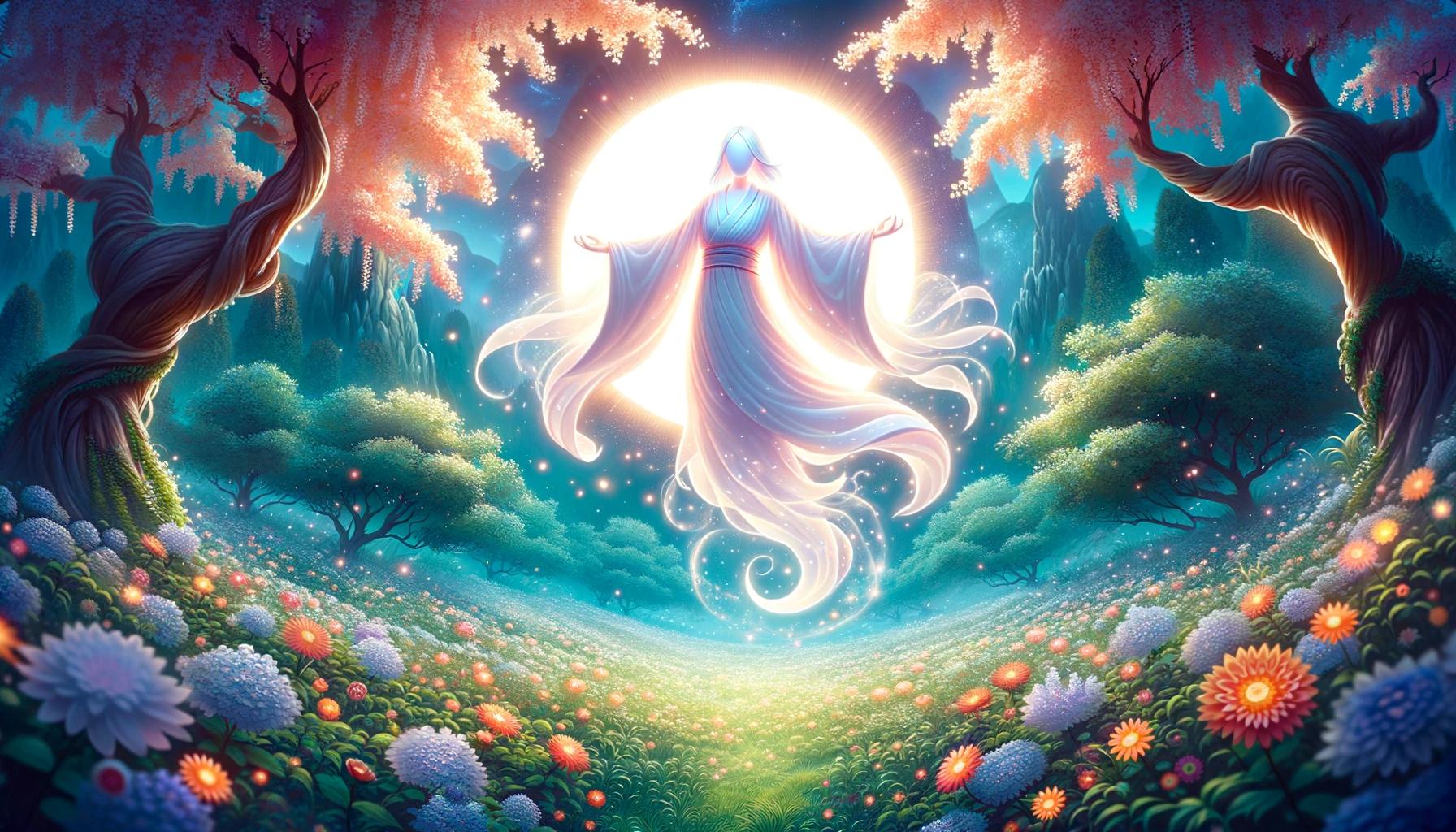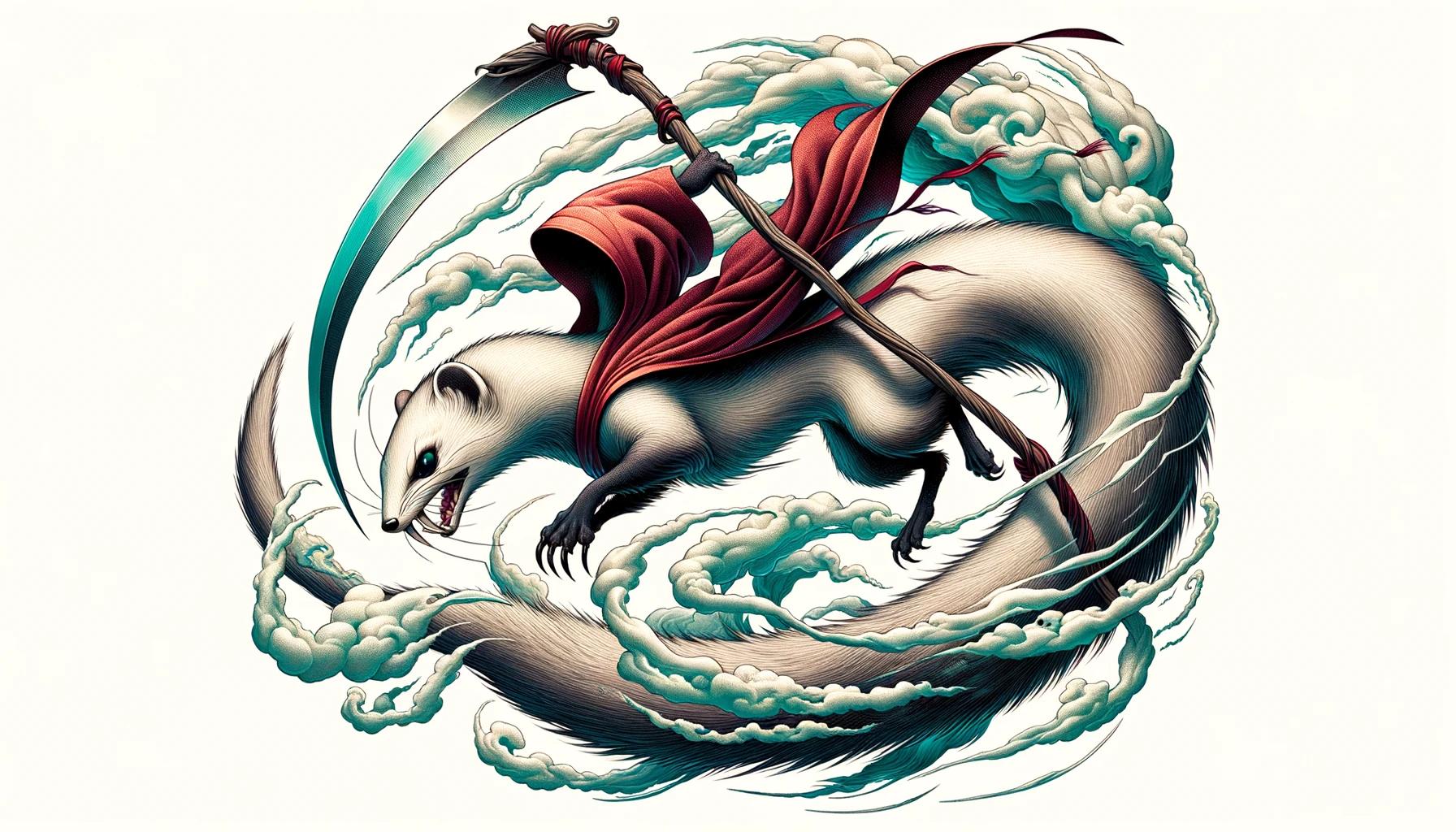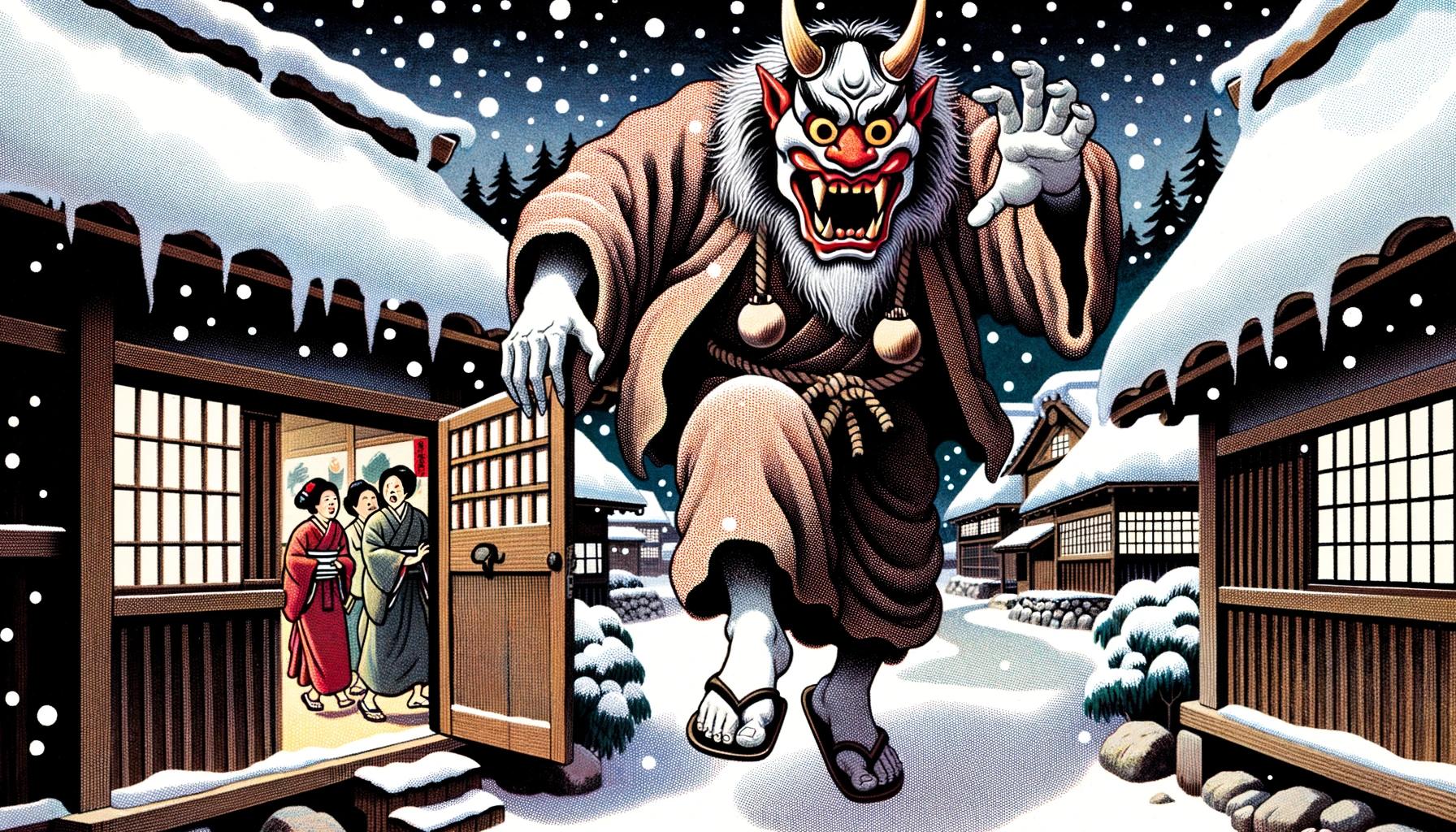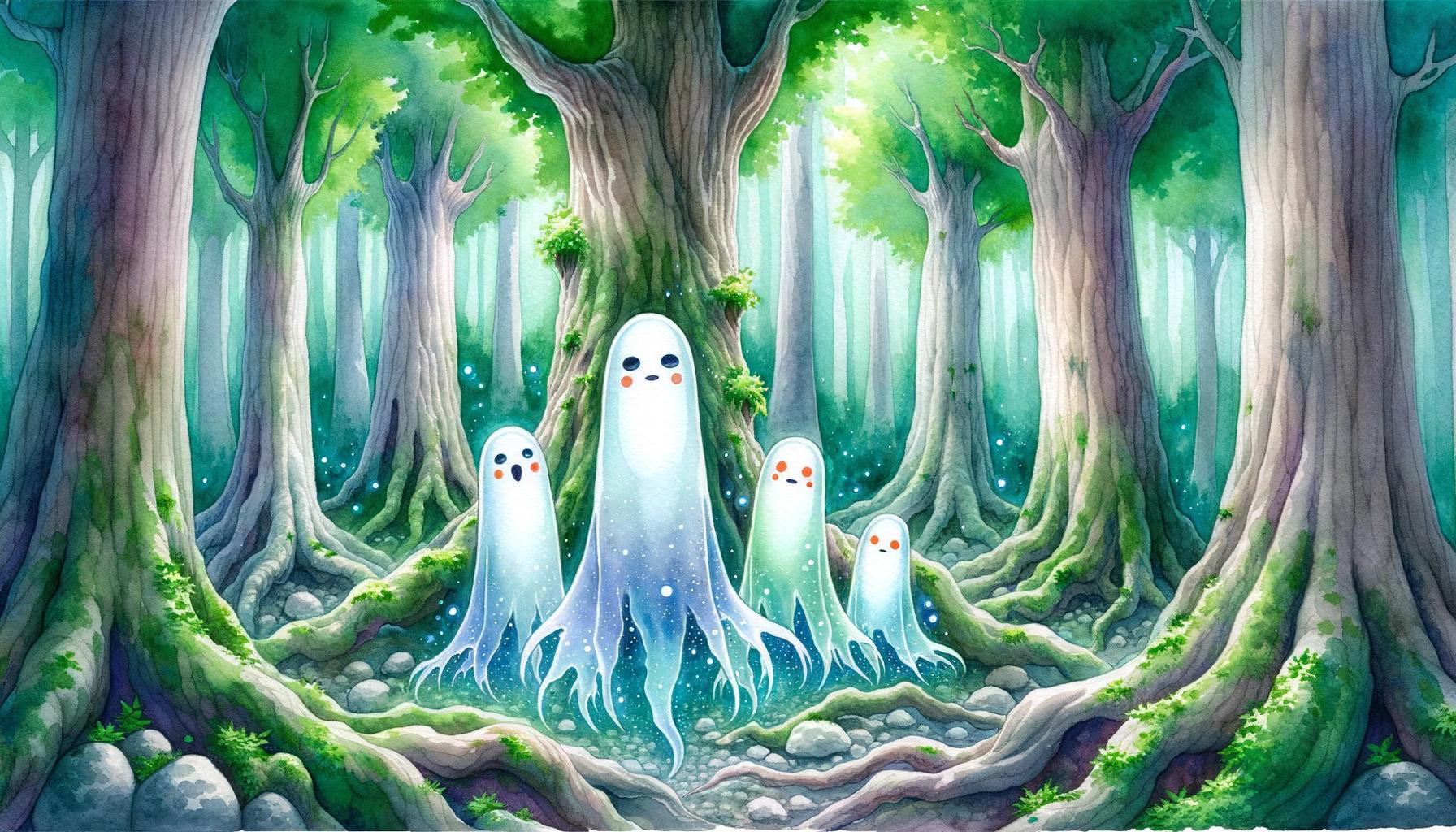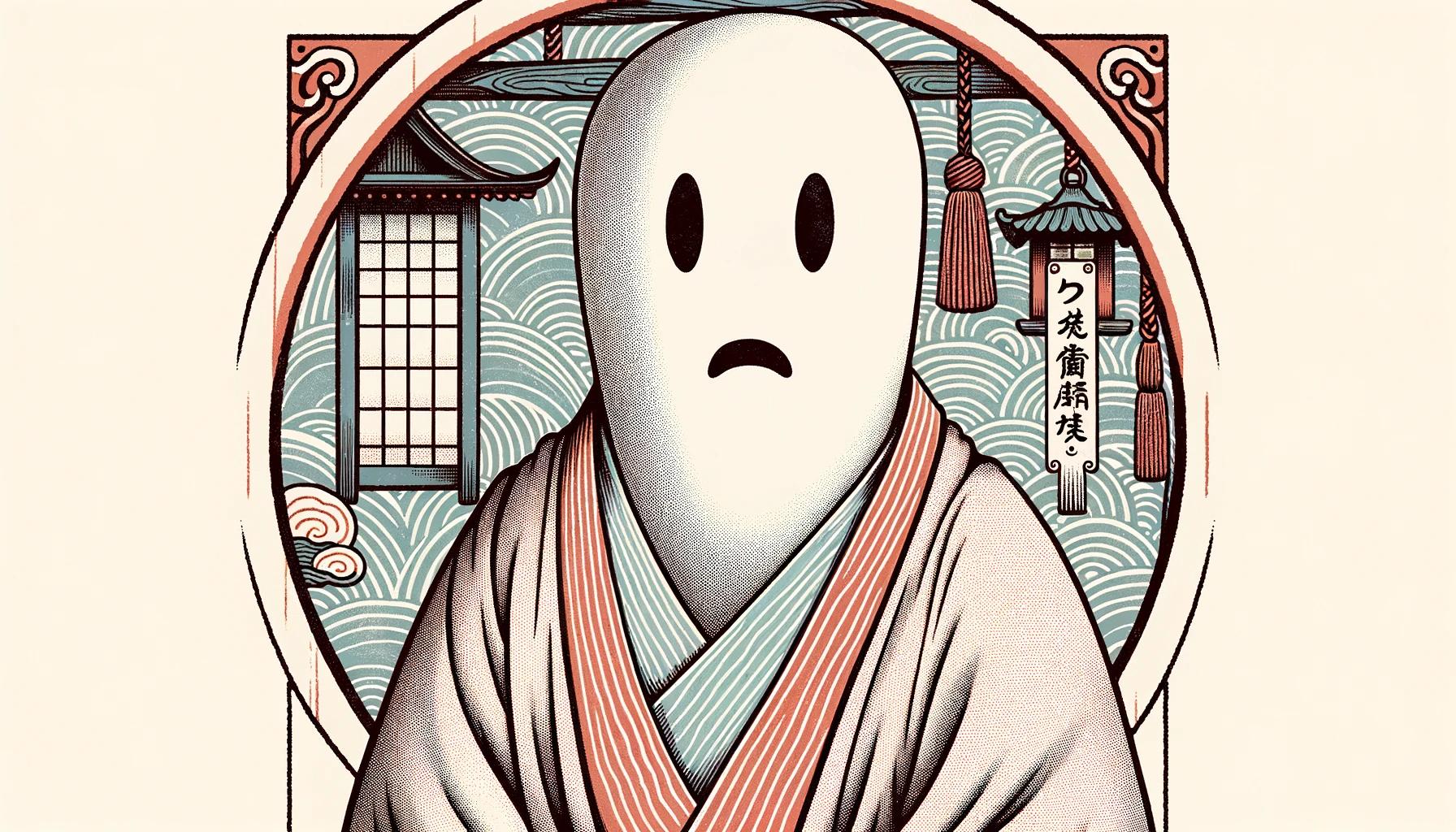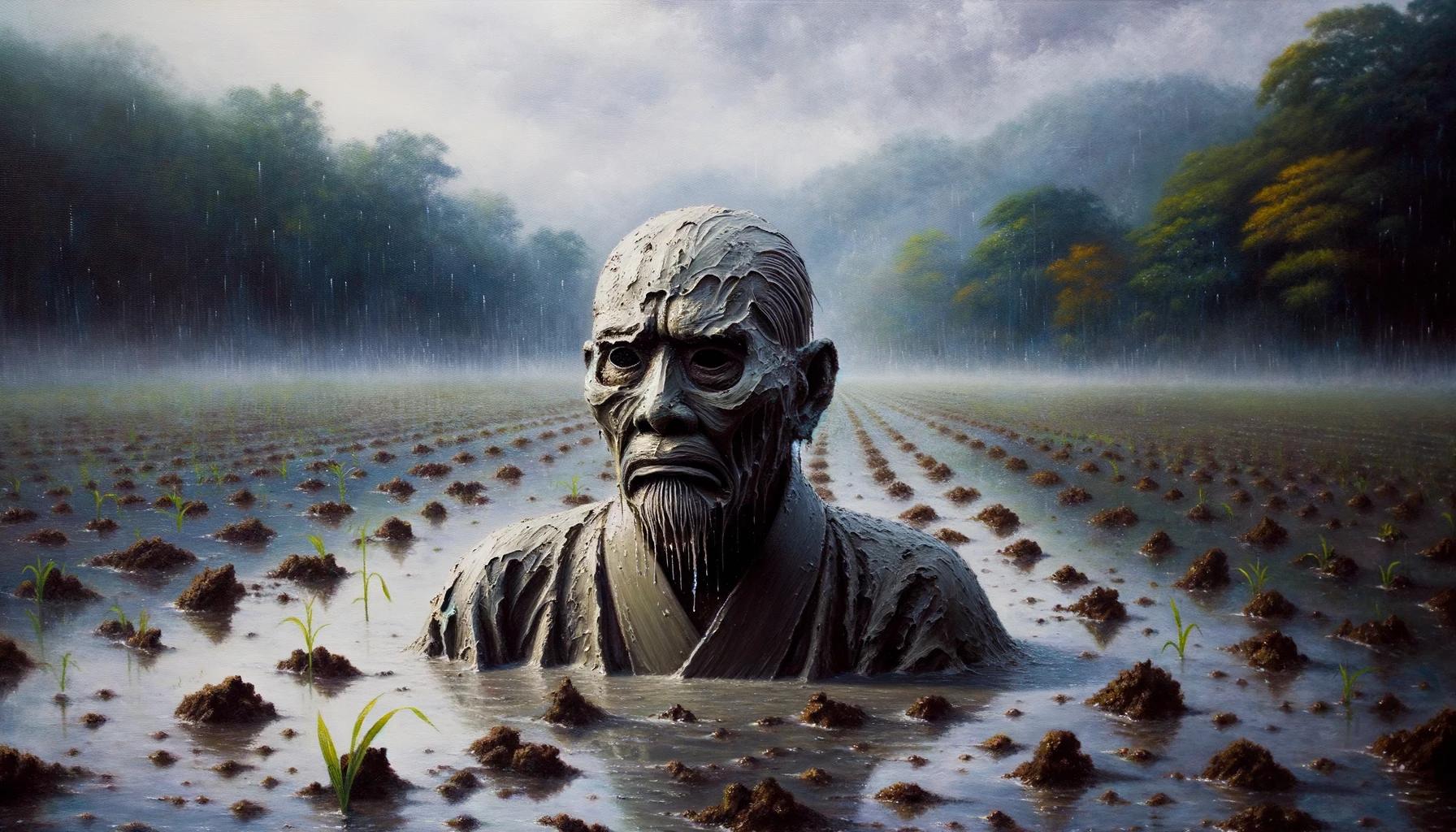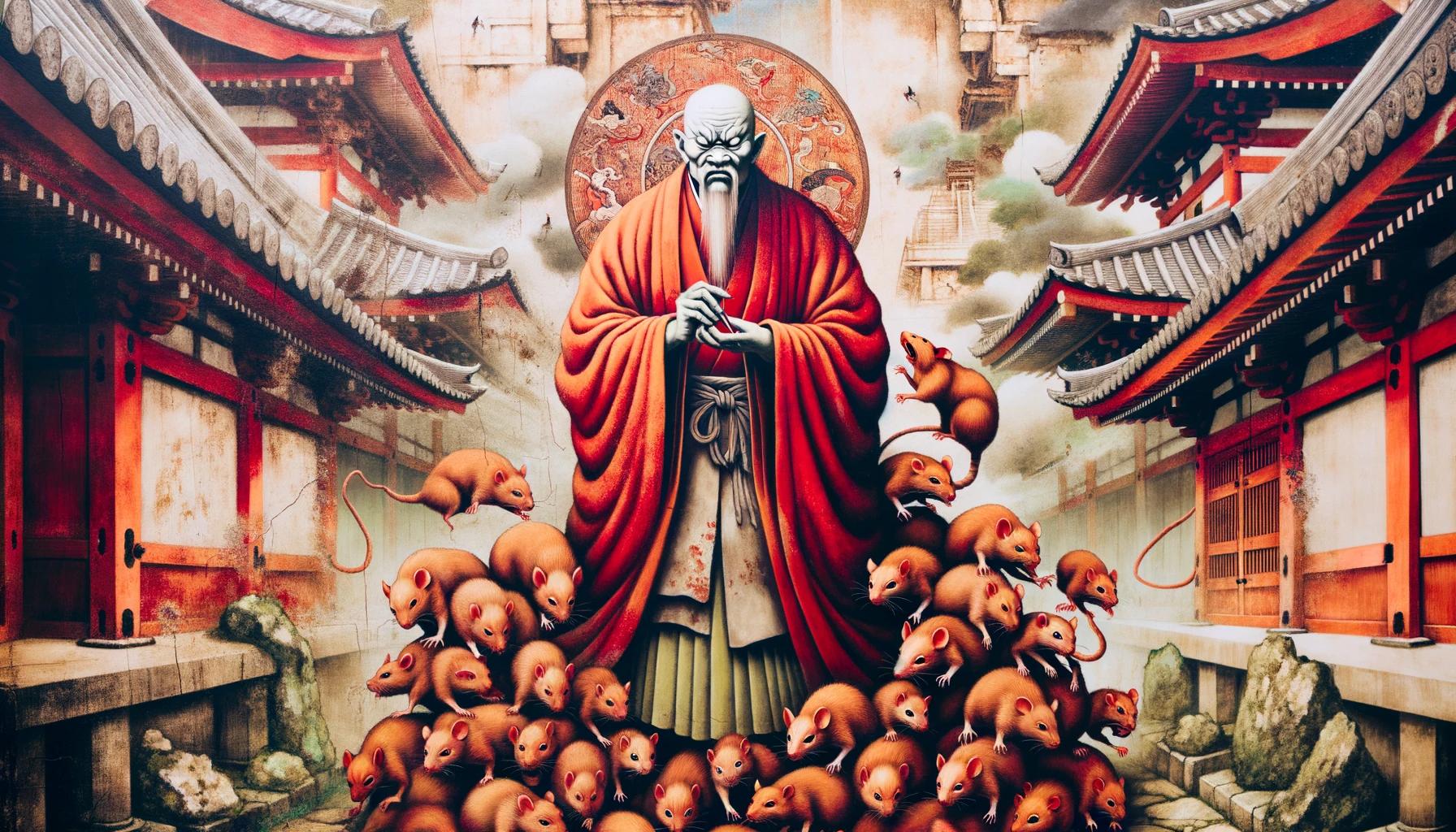Japanese Yosei: Exploring the Enchanting World of Japanese Fairies
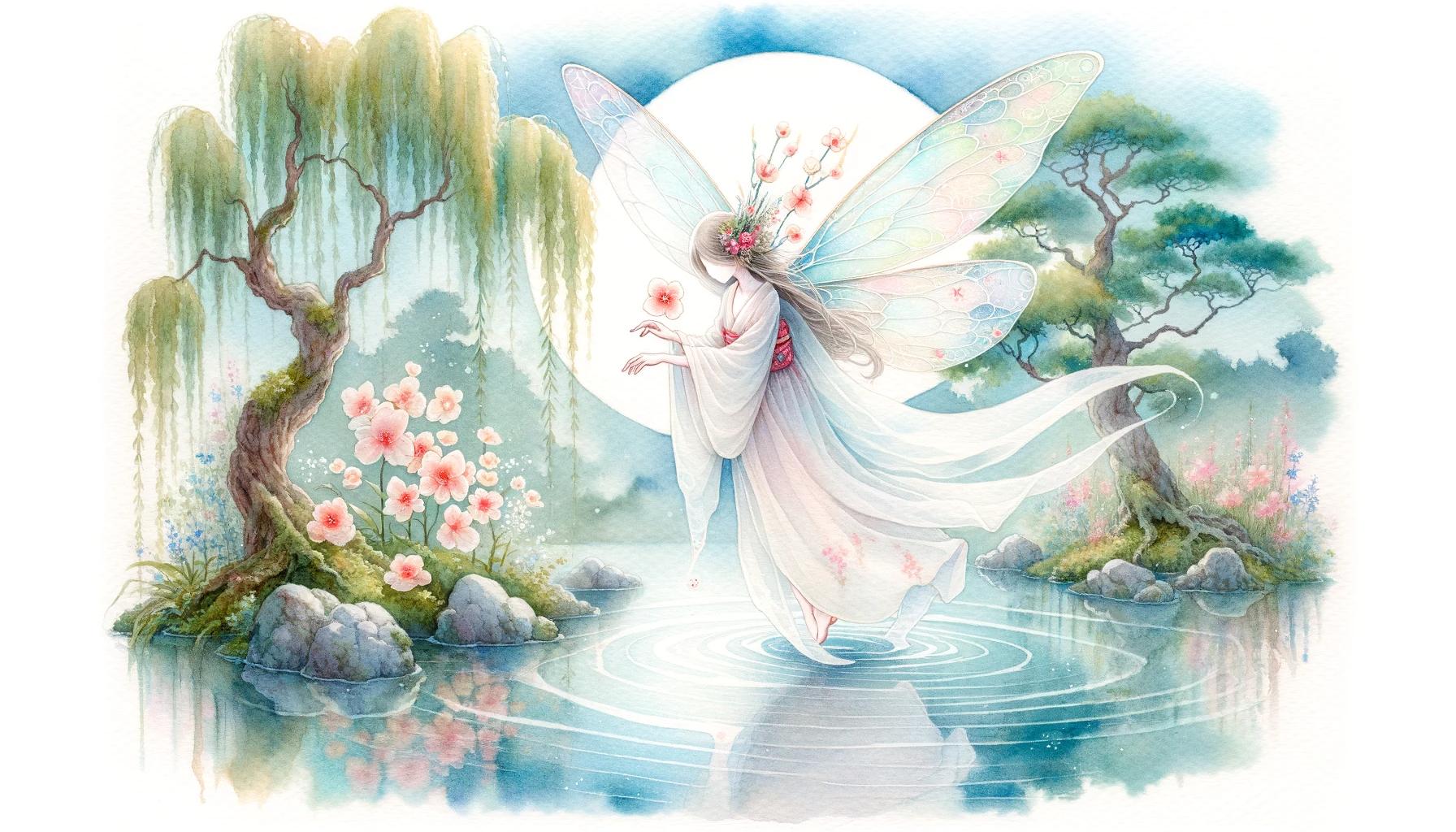
Japanese Yosei, also known as fairies, are fascinating supernatural beings found in Japanese folklore. Influenced by Shinto and Buddhism, these mystical creatures possess magical abilities and are often associated with nature.
Popular examples include Kitsune, the shape-shifting fox spirits, and Tengu, powerful beings connected to Japanese religion and culture. Other intriguing Yosei include Jorogumo, spider yokai known for their seductive transformations, and Tsukumogami, everyday objects brought to life.
With their rich cultural significance, Yosei continue to captivate and inspire in various forms of media, such as anime and literature. Discover the enchantment of Japanese Yosei and their symbolic themes in this exploration.
Understanding the Folklore of Japanese Yosei
The folklore surrounding Japanese Yosei is deeply rooted in the country’s rich cultural history and belief systems. These supernatural beings, often referred to as fairies, hold a significant place in Japanese mythology and storytelling.
In this section, we delve into the origins and cultural significance of Yosei, exploring the influence of Shinto and Buddhism and examining the mythological roots that have shaped their portrayal.
Influence of Shinto and Buddhism
Shinto and Buddhism are two major religions in Japan that have greatly influenced the folklore of Yosei.
Shinto, the indigenous religion, emphasizes the veneration of nature and its spirits. Many Yosei are closely associated with natural elements such as forests, mountains, and rivers, reflecting the shintoistic belief in the sacredness of the natural world.
Buddhism, on the other hand, brought forth its own mystical entities and concepts, blending with the existing folklore. Various Buddhist deities, such as bodhisattvas and enlightened beings, made their way into Japanese folklore, contributing to the diverse range of Yosei and their characteristics.
Mythological Origins and Cultural Significance
The myths and legends surrounding Yosei have their origins in ancient Japanese folklore and have been passed down through generations. These tales serve as a means of explaining natural phenomena, moral lessons, and reflecting cultural values.
Yosei are not simply fantastical creatures but carry symbolic meanings within Japanese culture. They represent the interconnectedness between humanity and nature, highlighting the importance of harmony and respect for the natural world.
Additionally, Yosei stories often explore themes of kindness, greed, and the consequences of one’s actions.
By understanding the relationship between Shinto and Buddhism, as well as the mythological origins and cultural significance of Yosei, we can gain a deeper appreciation for the enchanting world of Japanese folklore.
Exploring the Various Types of Yosei in Japanese Folklore
In Japanese folklore, Yosei encompasses a diverse range of mystical beings and creatures. Let’s delve into different types of Yosei and their captivating characteristics:
Kitsune: Magical Fox Spirits
Kitsune, also known as fox spirits, hold a prominent place in Japanese mythology. These enchanting beings possess shape-shifting abilities and are often associated with good fortune, intelligence, and spiritual wisdom.
Legends depict them as messengers of the gods and guardians of Inari, the deity of rice and agriculture.
Tengu: Supernatural Beings of Power
Tengu are powerful creatures often depicted with long noses and bird-like features. These beings embody both positive and negative aspects, representing heavenly and earthly forces. Tengu possess supernatural abilities such as shape-shifting, martial arts mastery, and control over the elements.
They are known for their association with mountains and forests.
Jorogumo: Seductive Spider Yokai
Jorogumo are yokai, or supernatural monsters, in the form of seductive spider-women. Legends describe them luring unsuspecting men with their beauty before revealing their true form. Jorogumo possess the ability to shape-shift and weave intricate illusions.
They are often associated with misfortune and danger.
Korobokkuru: Small People in Ainu Folklore
The Korobokkuru are a unique race of small people prevalent in Ainu folklore. These diminutive beings are revered as protectors of the natural world, forests, and wildlife. Despite their small stature, Korobokkuru possess incredible strength and wisdom.
They hold deep reverence for nature and are known for their resourcefulness in surviving harsh environments.
Tsukumogami: Enchanted Objects
Tsukumogami are ordinary objects that gain a spirit or consciousness after existing for a hundred years. They include items such as umbrellas, teapots, and sandals. These spirits, known for their mischievous nature, can cause havoc or bring blessings to those who encounter them.
Tsukumogami play a significant role in Japanese folklore, highlighting the belief that all objects have a soul.
Shikigami: Spirits Used in Magic
Shikigami are spirits conjured and utilized by practitioners of the mystical art known as onmyoji. These spirits act as familiars or assistants to onmyoji, aiding them in spiritual rituals and magic spells.
Shikigami have different forms and abilities, ranging from animal familiars to ethereal beings. These spiritual entities are crucial in the practice of divination and exorcism.
By delving into these various types of Yosei, we can gain a deeper understanding of the rich and enchanting tapestry that is Japanese folklore.
Legends and Tales Associated with Japanese Yosei
The Legends and Tales Associated with Japanese Yosei take us on a captivating journey into the ethereal realm of Mount Hōrai. According to ancient beliefs, this sacred mountain was said to be inhabited by small fairy-like creatures known as Yosei.
These mystical beings were said to possess an unrivaled purity and everlasting youth due to their inherent innocence and absence of malevolence. The Yosei of Mount Hōrai were believed to hold the power of immortality and were revered in Japanese folklore for their connection to the divine and their harmonious existence with nature.
Kijimuna: Tree Spirits in Ryukyuan Religion
Another fascinating tale in the Legends and Tales Associated with Japanese Yosei brings us to the Ryukyuan religion of Okinawa, where Kijimuna, tree spirits, hold a significant place. These mischievous and playful Yosei are believed to reside within specific trees, particularly the banyan tree, known as gajumaru in the local dialect.
Kijimuna are depicted as small, impish creatures with vibrant green hair and a penchant for amusing themselves and others. Legends tell of their ability to communicate with humans and their affinity for mischief, making them both endearing and unpredictable spiritual entities.
Yosei in Ainu Folklore: Small Fairies of the Forest
In Ainu folklore, a indigenous group in Japan, the tales of Yosei take on a unique form. They speak of a race of small fairies known as korobokkuru. These forest-dwelling Yosei were believed to dwell in hidden villages and possess supernatural abilities, including shape-shifting and invisibility.
The Ainu people held a deep respect for these Yosei, considering them guardians of the natural world and bestowers of blessings. Their legends portray the korobokkuru as wise beings with a profound connection to the land and an integral part of Ainu culture and mythology.
Depictions of Yosei in Popular Culture
Japanese Yosei have greatly influenced popular culture, leaving a lasting impact on various forms of media. From anime and manga to movies and literature, these enchanting creatures have found their place in the hearts of audiences around the world.
Japanese Yosei in Anime and Manga
Anime and manga have embraced the magical world of Yosei, bringing their captivating stories to life on the screen and in print. Countless anime series and manga adaptations have featured Yosei characters, showcasing their mythical abilities, unique personalities, and profound connections to nature.
These captivating portrayals have contributed to the popularity of Yosei and have introduced them to a global audience.
Yosei in Movies and Literature
The influence of Yosei extends beyond animation and comics, making its mark in the realms of movies and literature as well. In movies, Yosei have been showcased in both live-action and animated films, captivating audiences with their otherworldly presence and enthralling narratives.
Additionally, numerous authors have incorporated Yosei into their storytelling, weaving their magical essence into the pages of novels and short stories, enriching the literary world with their captivating tales.
Contemporary Adaptations and Global Influence
As Japanese culture continues to captivate global audiences, Yosei have gained international recognition and influence.
Contemporary adaptations of Yosei stories have expanded their reach, bridging cultural boundaries and introducing these enchanting beings to a diverse range of audiences. Their influence can be seen in various forms of entertainment worldwide, inspiring not only stories but also artwork, merchandise, and even cosplay.
The enduring popularity of Yosei reflects their universal appeal and the enduring fascination with the mystical world they inhabit.
In conclusion, Japanese Yosei have become iconic figures in popular culture, finding their place in anime, manga, movies, and literature.
Their impact transcends cultural boundaries, capturing the imaginations of people across the globe. Whether portrayed in animated form or brought to life on the big screen, Yosei continue to captivate and enchant audiences, solidifying their status as timeless and beloved creatures in popular culture.
The Symbolism and Themes of Japanese Yosei
Japanese Yosei, with their rich folklore and magical abilities, embody profound symbolism and explore various themes. These mythical creatures have captivated the imagination of people worldwide, offering insights into the interconnectedness of nature, the human spirit, and the realm of the supernatural.
Connection to Nature and the Human Spirit
Yosei symbolize the profound connection between humanity and the natural world. Rooted in Japanese culture and influenced by Shinto and Buddhist beliefs, these magical beings represent the harmony and balance found in the natural environment.
Through their interactions with the physical and spiritual realms, Yosei remind us of our deep connection to nature, urging us to respect and nurture the world around us. They also serve as a reminder of the inherent mysticism that exists within the human spirit, encouraging us to embrace our own magical potential.
Messages of Kindness and Greed
One prevalent theme in Yosei folklore is the contrast between kindness and greed. These mythical creatures often serve as moral guides, reflecting the consequences of virtuous or selfish actions. Yosei tales teach us that acts of kindness and generosity can lead to blessings and harmony, while greed and selfish behavior invite misfortune.
By presenting these ethical dilemmas, Yosei stories encourage us to consider the impact of our choices, fostering a deeper understanding of empathy, compassion, and the importance of living in harmony with others.
Magical Powers and Abilities
Yosei possess extraordinary magical powers and abilities, representing the wonders and mysteries of the supernatural realm. Their shape-shifting abilities, mastery of illusion, and control over natural elements speak to humanity’s fascination with the unknown and the limitless potential of the human imagination.
These fantastical powers also serve as a reminder that there is more to the world than what meets the eye, encouraging us to explore and appreciate the hidden magic that surrounds us every day.
The symbolism and themes of Japanese Yosei evoke a sense of wonder, prompting contemplation about our place in the universe and our relationship with nature. Through their magical tales, Yosei invite us to embrace the beauty, kindness, and enchantment that exist in our world, fostering a deeper appreciation for the mysteries of life.
- Japanese Yosei reflect the connection between humanity and nature, showcasing the importance of preserving and respecting the natural world.
- Stories featuring Yosei often convey moral messages, highlighting the significance of kindness, generosity, and selflessness in our interactions with others.
- With their extraordinary powers and abilities, Yosei inspire curiosity and awe, reminding us of the magic that resides within ourselves and the world around us.
The symbolism and themes portrayed by Japanese Yosei continue to inspire and captivate, offering us a glimpse into a world filled with wonder and imagination.
.











